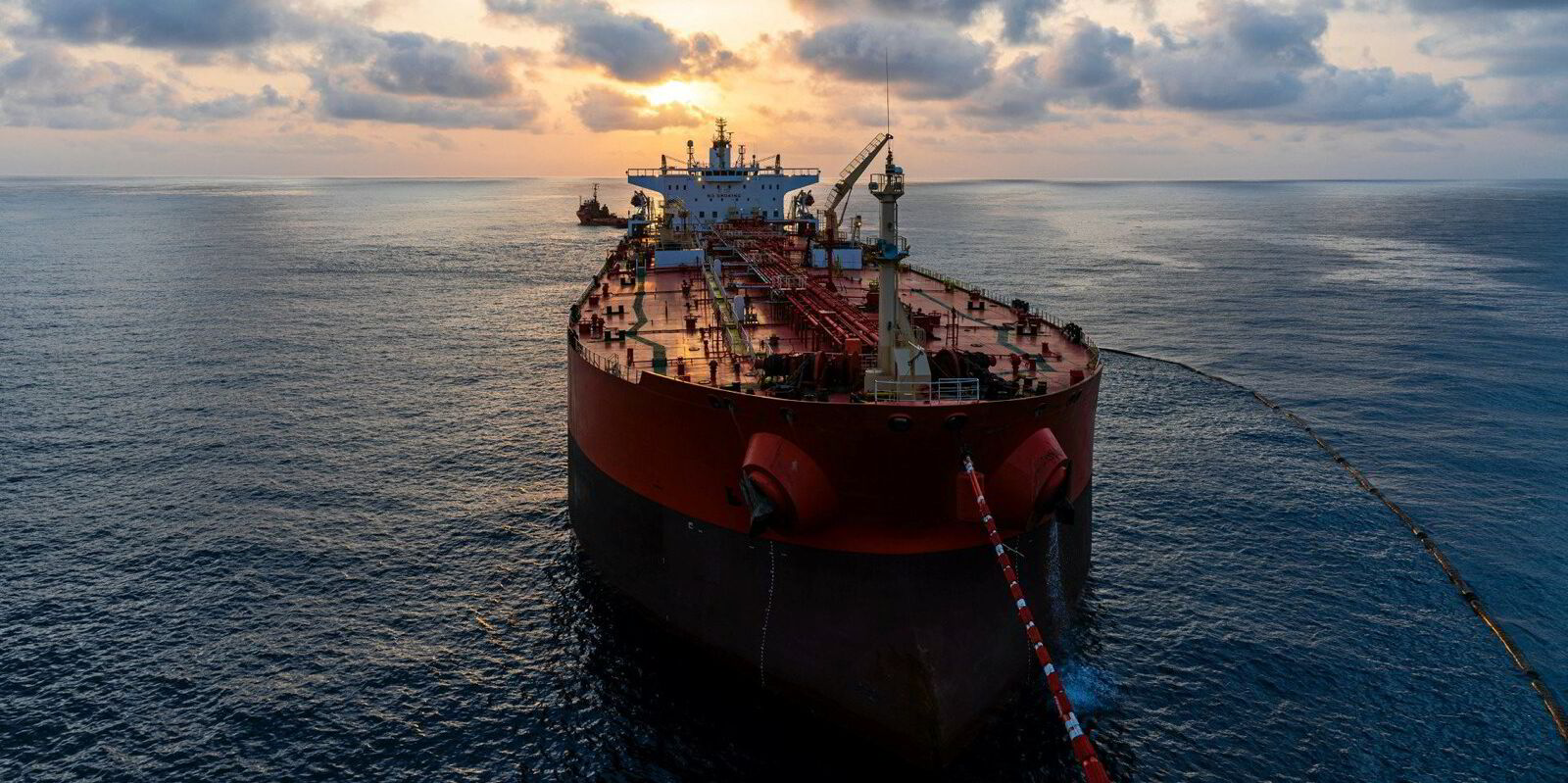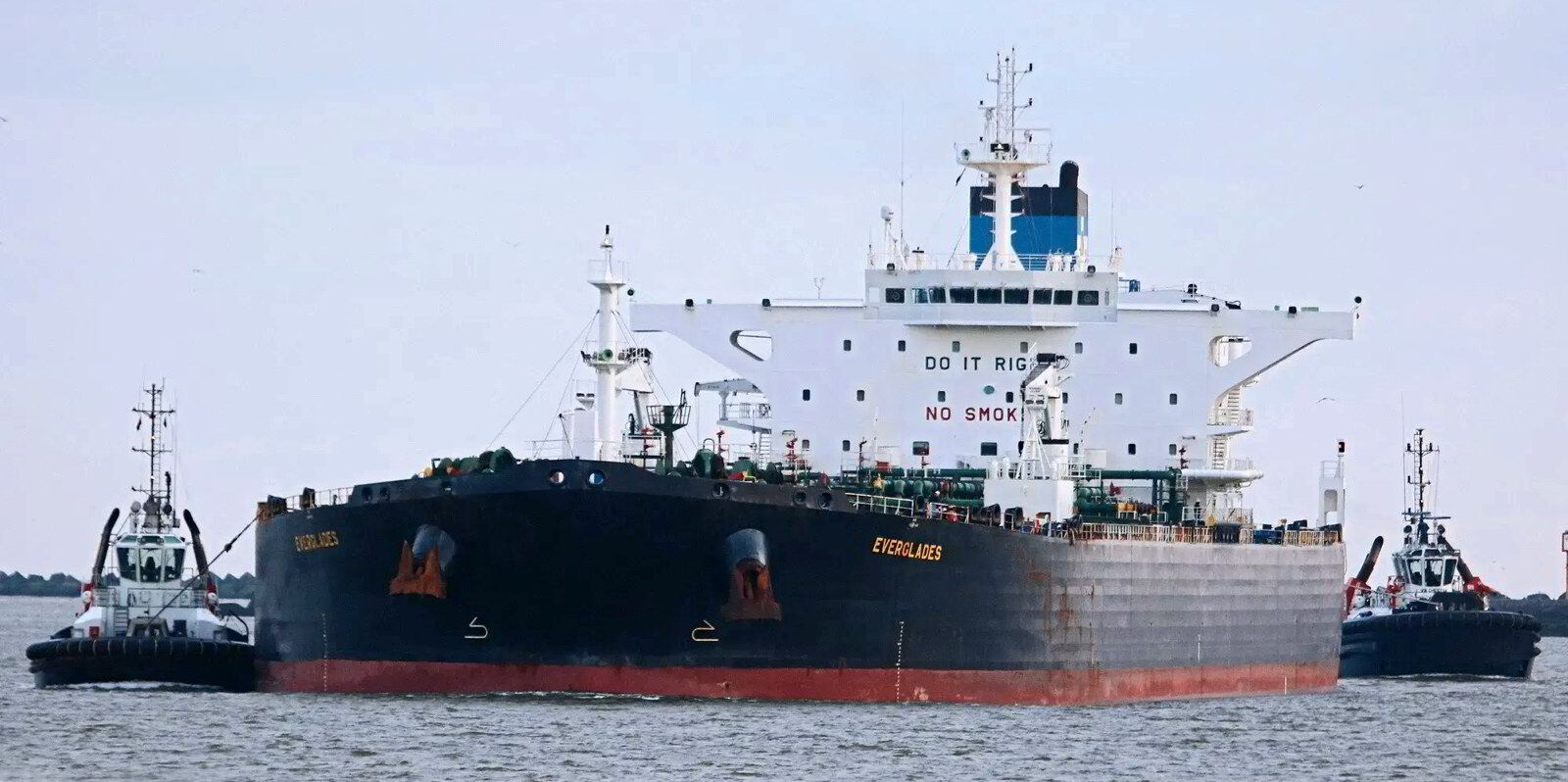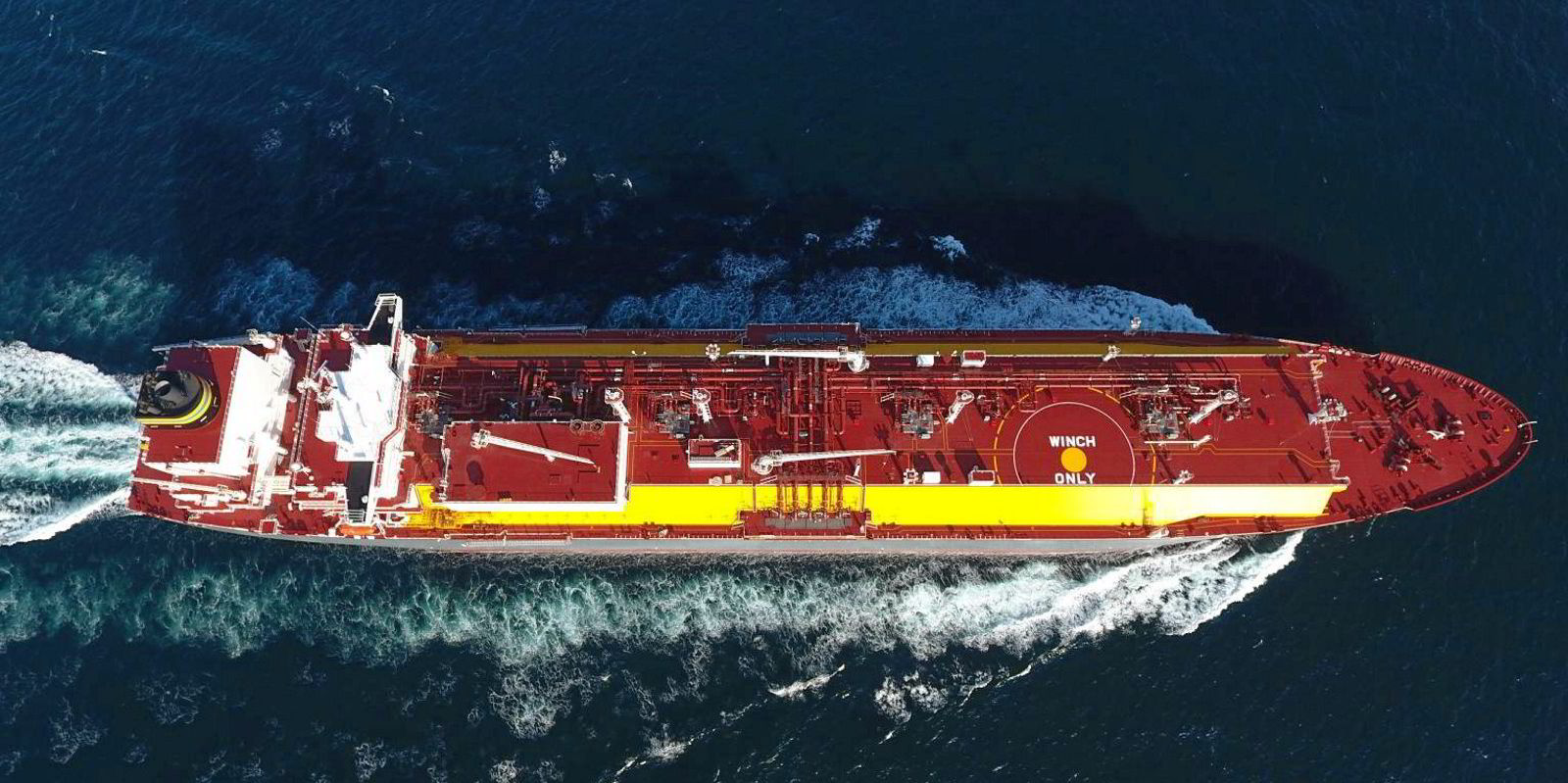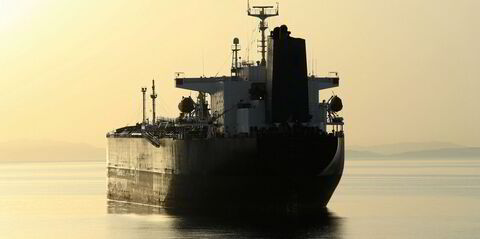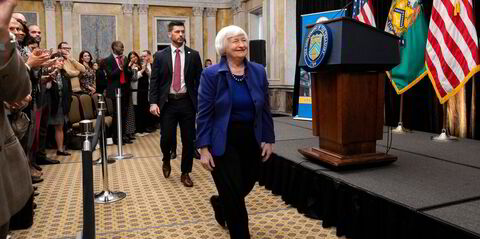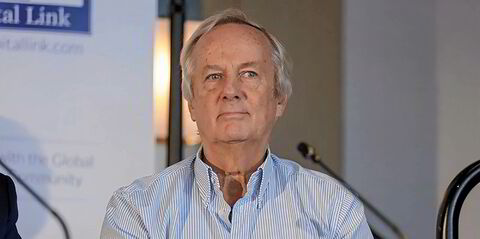Tanker flat rates will incorporate carbon pricing for the first time next year.
UK rate-setting organisation Worldscale Association is teaming up with New York-listed data provider Intercontinental Exchange (ICE) to use its European Carbon Allowance futures settlement price as the benchmark in 2025.
London-based Worldscale issues new flat-rate assessments of thousands of tanker journeys each year as a starting point for negotiations between owners and charterers.
Managing director Ian McCarthy said: “Worldscale needed a transparent price of carbon to be factored into freight rates, and ICE European carbon, as the most liquid carbon market, is the natural choice.”
Worldscale’s flat rates represent the cost of a standard ship making a round-trip voyage, drawing on bunker prices, port costs and exchange rates.
Under the European Union’s Emission Trading System (ETS), shipping now has to account for the carbon emissions of vessels calling in and handling cargoes at EU ports.
ICE’s global head of oil markets, Jeff Barbuto, said: “ICE, as the leading energy derivatives market, has worked closely with the industry to provide a solution for how the underlying physical freight market, as well as related wet freight derivatives used to hedge freight risk, can comply with the new rules expanding the EU ETS to maritime.”
Worldscale will use the average of ICE’s daily December 2024 futures settlement price for the period from 1 October 2023 to 30 September this year to calculate the carbon cost used in its 2025 assessments.
ICE’s futures market offers a way to manage the price risk associated with shipping oil, the company said.
The ICE Brent benchmark is the price barometer for 75% of the world’s internationally traded crude oil.
ICE said its wet freight futures and options business hit a series of records this month, with 181,152 contracts agreed as of 22 November.
It said interest across its environmental markets is up 28% year over year.
